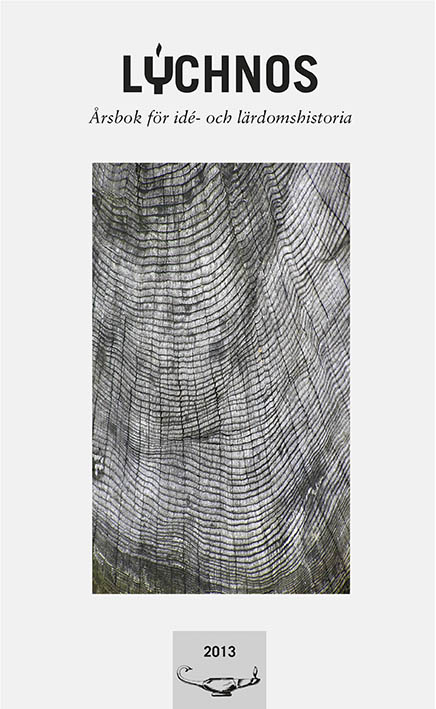Archives of the dead
Abstract
The article discusses the organisa- tion of graveyards and interrelated archives with regard to constructions of Western modernity and identity from the 18th to the 20th century. Graveyards and archival practices went through major changes in Western societies as a result of the modernization of society from the eighteenth century and onwards. Starting out from archive theory, primarily the work of Michel Foucault, the article elaborates on the production of knowledge of the self and the individual (including views of gender and social hierarchies), and of religion and medical science that is produced as a result of the organisation of graveyards and (other) archives, and how this knowledge is entangled in power dynamics. Three examples are presented. First, the modern graveyards that were founded in the early 19th century concurrent with growing urbanisation, and the new public archives that gathered information on citizens are discussed. Second, the alternative organisation of graveyards and archives within revivalist movements during the 18th century (here the Moravians), which gives evidence of new notions of gender and the individual. The final example looks at archives of journals in connection with graveyards and the treatment of dead patients in psychiatric institutions during the 20th century. The three examples illustrate how social and gendered hierarchies and notions of normality were attributed to dead bodies, and how knowledge of this can be read through graveyards, management of the deceased and burial practices. Furthermore, graveyards and archives functioned as powerful sites for the construction of history, the nation, the citizen and the city. But it is also clear how graveyards or archives could challenge these constructions, thus becoming places of resistance.
Downloads
Published
Issue
Section
License
This work is licensed under a Creative Commons Attribution 4.0 International License. The copyright for the work published in Lychnos remains with the authors.


